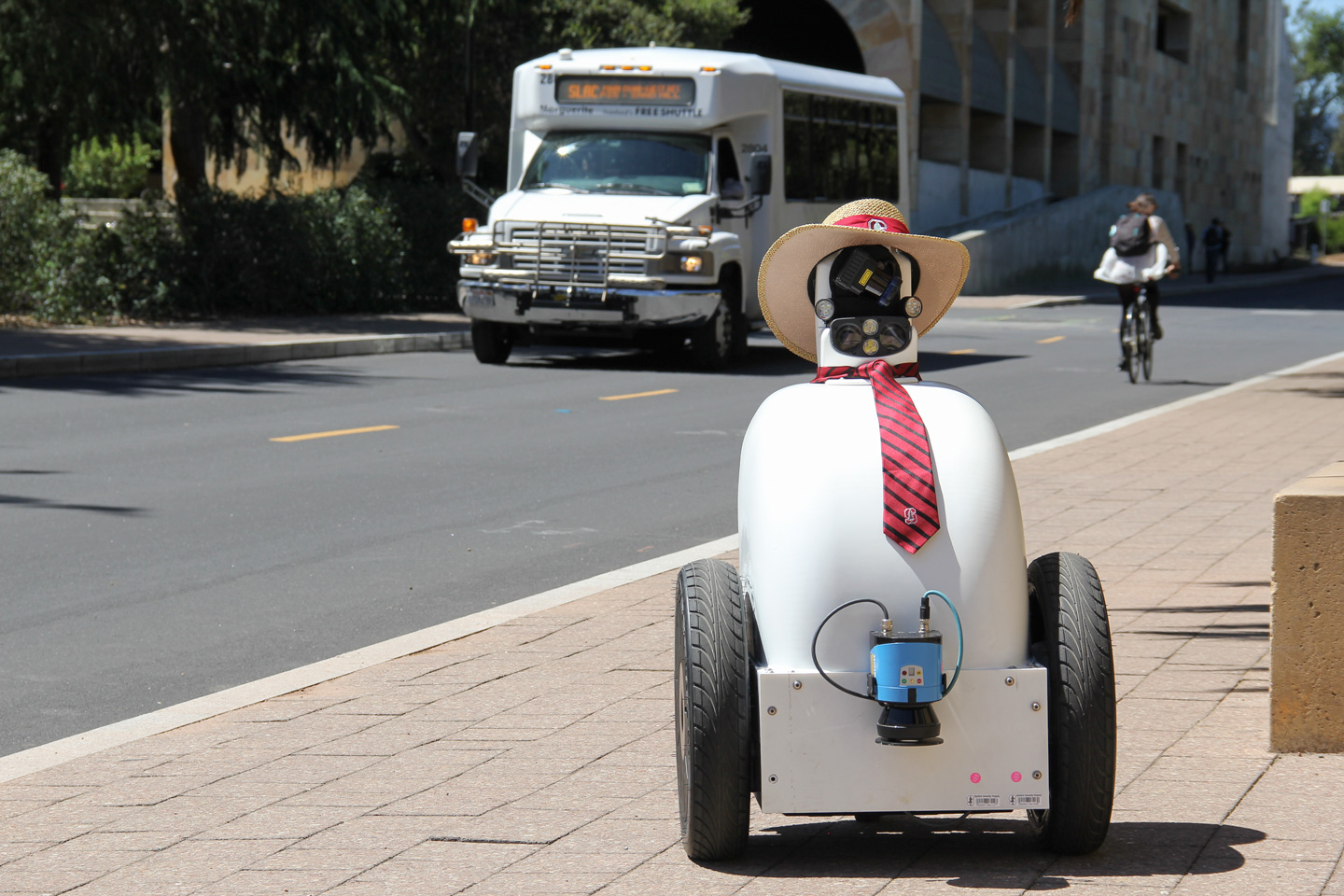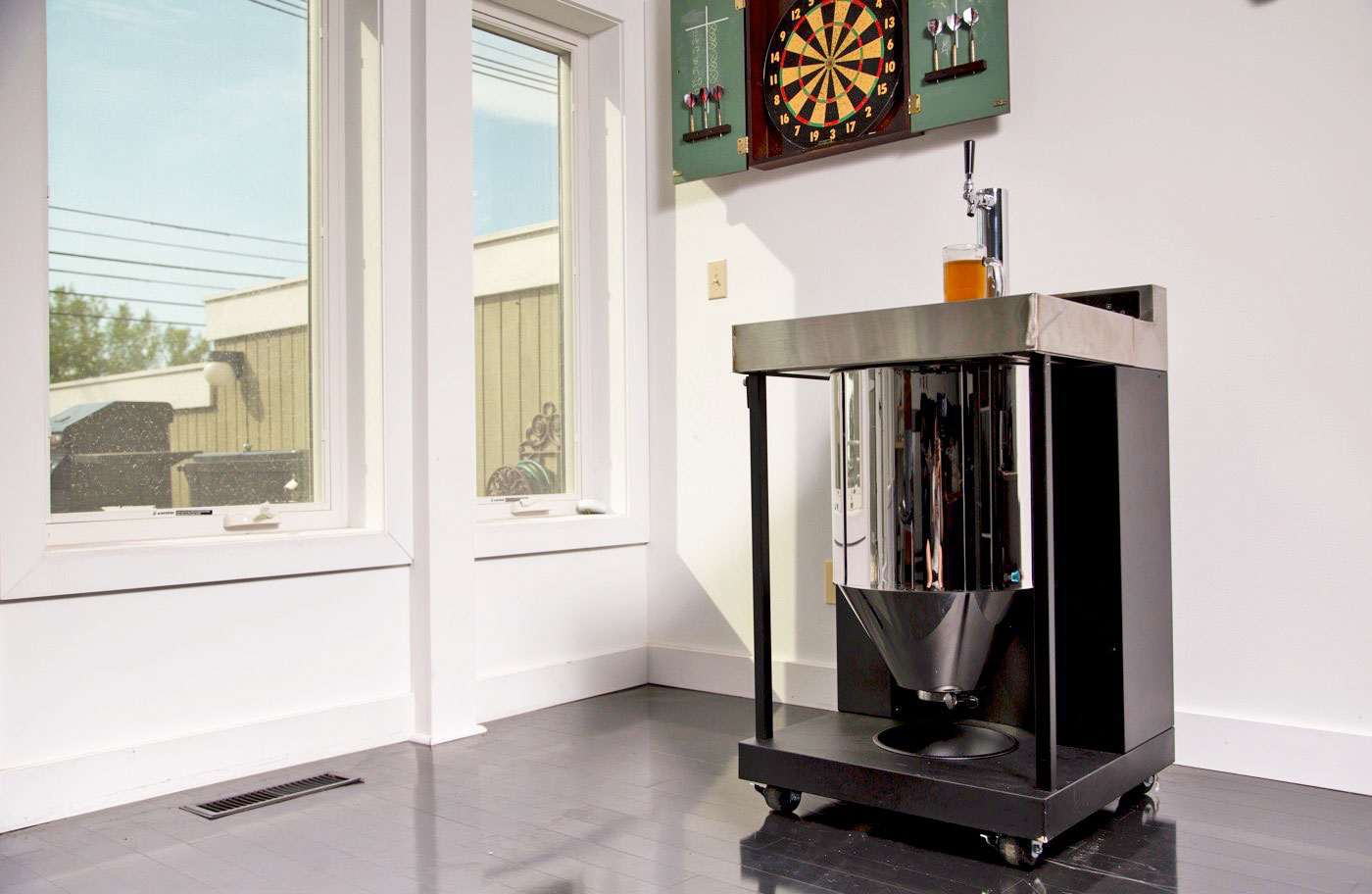Time to read: 3 min
Your source for hardware insights.
June 3rd, 2016
Products
The Work Commute Olympics
New augmented reality sunglasses from Solos lift data from your smartphone and bike computer to give you real-time performance data and training tools as you ride. Developed with Team CHINA cycling, whom they’re sponsoring for the 2016 Rio Olympics, these shades promise to help even bike commuters improve their cycling technique and speed. If it’s good enough for the Olympics…
All-in-One Home Brewing
Exhausted homebrewers (and their very patient housemates) will welcome the trifecta of capabilities available from Whirlpool’s single-tank Vessi device, which is sealed, pressurized, and temperature-controlled to allow you to ferment, carbonate, and serve your own homebrew. A Sediment Removal System clears out sediment without opening or depressurizing the unit, and a liquid injection system lets you add flavors and aromas to your chocolate stout or raspberry wheat beer. No more bathtub brewing!

The Car You’ll Never Drive
Nest co-creator Tony Fadell’s company Actev Motors is building a customizable go-kart for kids that features GPS and WiFi, as well as parental safety controls, like a virtual barricade and an emergency break. The aim is to introduce kids to “the thrill of driving”… for a generation that will likely not drive cars.
- Speaking of thousand-dollar wheeled vehicles you probably don’t really need, the new Ninebot by Segway Mini Pro steers by detecting a rider’s leg movement via a knee-high stick.
High-Tech Walker Supports Users’ Overall Health
The Friendly Robot Walker, or FriWalk, is a grant-funded IoT project being developed by an international team of researchers. It’s designed to collect data on gait and even mood, and it warns users of uneven terrain, obstacles, and other hazards that could cause them to trip or fall. FriWalk will also be personalized and connected to networks of users with similar interests, so a user might be encouraged to go check out an art exhibit that other users found inspirational, encouraging social contact.
Industry
Teaching Social Cues to Robots
That awkward moment when you’re passing a fellow pedestrian in a tight space, and neither of you can figure out who should go first. If you’ve been privy to this dance, you might appreciate that Stanford’s Computational Vision and Geometry Lab has been working on computer vision algorithms that predict pedestrian movements. Now, they’re attempting to teach their Jackrabbot robot how to do the same thing, in order to help other robotics teams build robots that can pick up on social cues to navigate city streets smoothy.

A World Where Everyone Has Basic Income
YCombinator announced plans to research Universal Basic Income in January, and now they’re moving forward with a five-year research project in Oakland, CA, in which they will provide a basic income to a selected group of residents and track the outcomes. It took the growth of the gig economy and an increase in robots’ sophistication for UBI to become a reality…now we’ll see how the tech world evaluates the results, and whether we agree.
Jawbone Makin’ Moves
Jawbone recently announced that it was no longer manufacturing fitness trackers and would sell off its inventory, fueling rumors that it may be exiting the wearables business, but it looks like what’s really going on is a realignment of priorities to produce a health (rather than fitness) tracker. The company is selling its Bluetooth speaker business, positioning it as a move to focus on wearables.
GoPro Bets on Software
GoPro is betting on software as the future of its business, providing editing and production capabilities that fit into its camera ecosystem. In the past few months, the company has bought, rebranded, and relaunched the mobile editing apps Replay and Splice, aiming to introduce users who don’t own GoPro cameras yet to the brand, and later this year, GoPro plans to release desktop editing software with a cloud backend.
Microsoft Opens Windows Holographic OS to VR Headset Makers
Microsoft is opening its Windows Holographic operating system to let makers of VR headsets use the software and operating system behind HoloLens, which could help the company distribute apps and VR content in the future.

